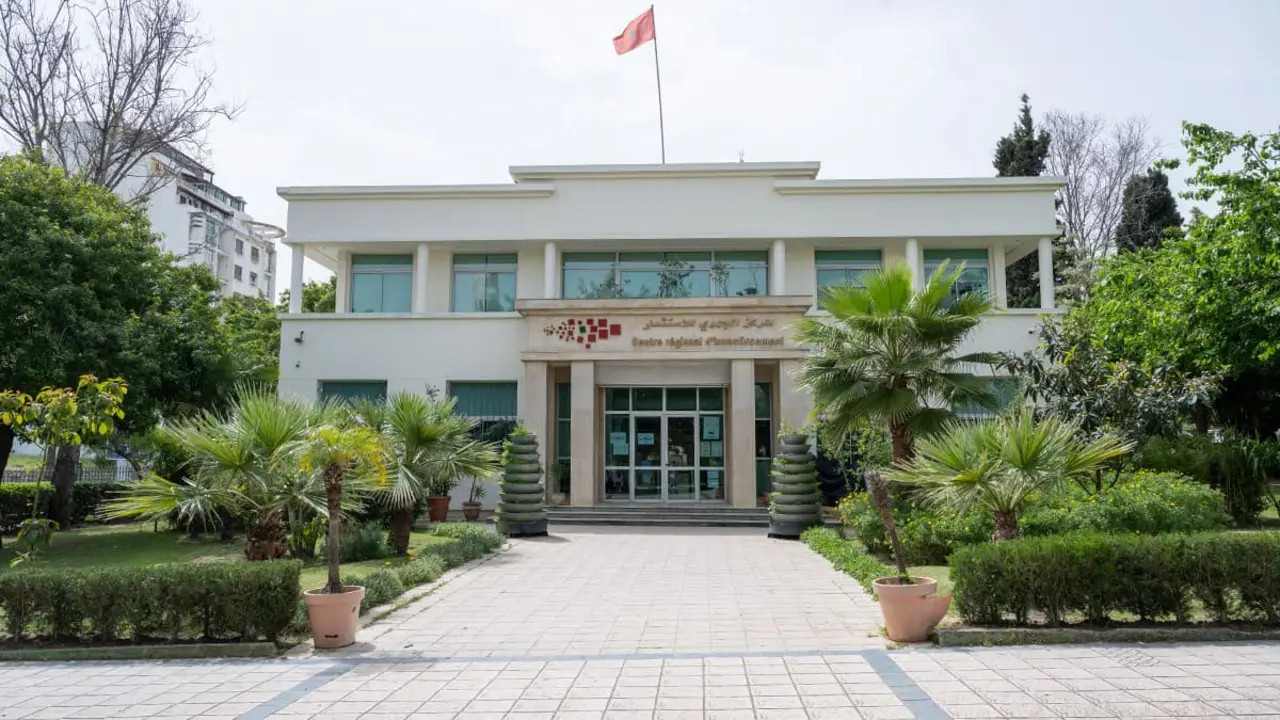SIA drives the secure digital transformation of the Rey Juan Carlos University with qualified electronic signature

SIA, Indra's leading cybersecurity company, is driving the secure digital transformation of the Rey Juan Carlos University (URJC) with the implementation of a qualified electronic signature service in the cloud. With it, it has achieved the digitisation of the signature of academic records and documents, taking an important step forward in the university's document management and providing efficiency and legal security to its internal processes.
With the COVID-19 pandemic, the URJC was forced to adapt the university's activity to a digital and remote environment for its employees, students and researchers. One of the main challenges in this situation was to be able to sign documents easily and with the same legal value as a handwritten signature, in addition to providing security to the academic and management processes that were being carried out remotely. The search focused on a signature solution that maximised security and usability, minimised support and associated costs, and could be used in different signature scenarios and integrated with university systems and shared e-government solutions in the field of public administration.
In 2020, the academic institution finally adopted the SIA service, which has provided the university with a digital signature system in the cloud based on the issuance and use of centralised public employee certificates; this system performs reliable verification of their identity in advance and provides a multitude of benefits in terms of simplicity of use, thus providing all the operational and legal advantages of digital signatures. Now, the university is renewing its commitment to this service.
Roberto Espina, CEO of SIA, points out that "it was essential for us to provide the best response to the URJC's needs, contributing our experience in both electronic signatures and their application within the university environment, and to accompany the university in its digital transformation process, making academic and administrative procedures more efficient, transparent and secure".
URJC employees can thus digitally sign any document or record from any device with a browser and internet connection, regardless of the operating system they use and the place from which they do it.
The SIA signature service has become a highly transformative project for the university, and has meant a change, not only in processes, but also in the entire culture of the organisation. In addition, "it has contributed to improving the service to the entire university community, increasing the efficiency of the organisation, speeding up and simplifying signature processes, and reducing paper consumption and travel, as well as the associated costs", according to César Cáceres Taladriz, vice-rector of Transformation and Digital Education and Artificial Intelligence at the URJC. Around 120,000 documents are digitally signed per year, thanks to the 3,000 digital certificates of public employees, achieving an estimated saving in associated costs of around 550,000 euros per year.
At the same time, the project is in line with the Spanish government's digital agenda strategy and with the main lines of the Spain 2025 digital plan, insofar as its implementation promotes the digitisation of public administrations, involves the renewal of technological infrastructures and simplifies the relationship between the public administration and citizens.
In the deployment of the solution, which was carried out in a record time of three months, SIA also collaborated with the university in internal training to facilitate the understanding and use of the signature process for the employees involved.
SIA has more than 2,000 professionals specialised in cybersecurity, of which more than 400 are experts in this field and are responsible for the electronic signature of nearly 40 million documents every year in the public administration and private sector, mainly in Europe and Latin America.










